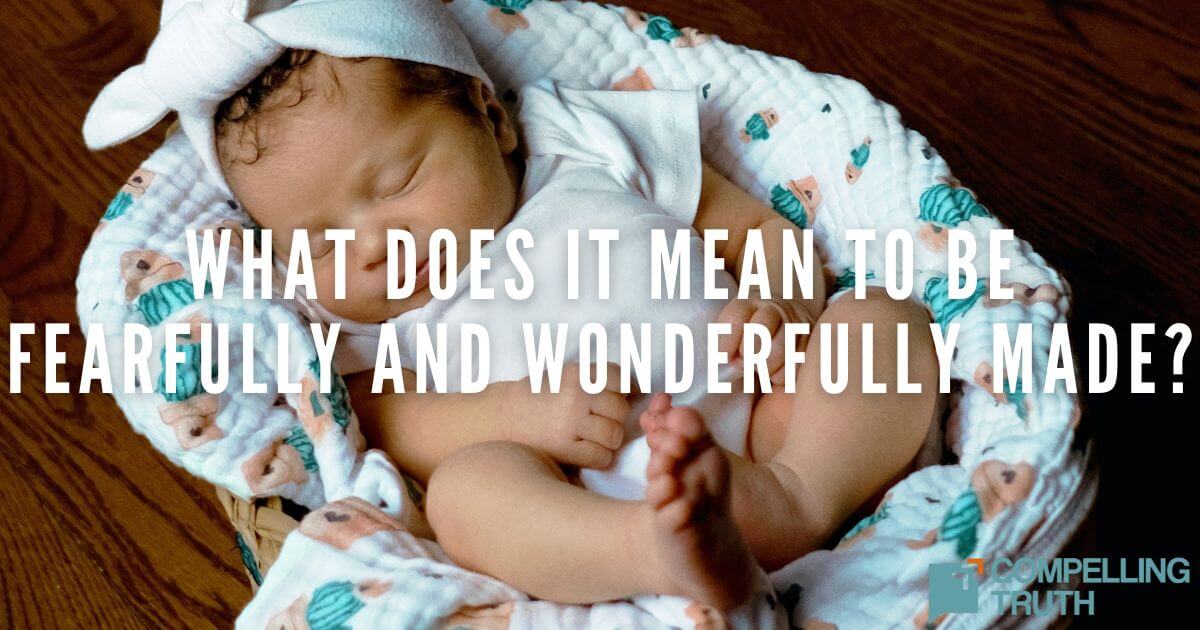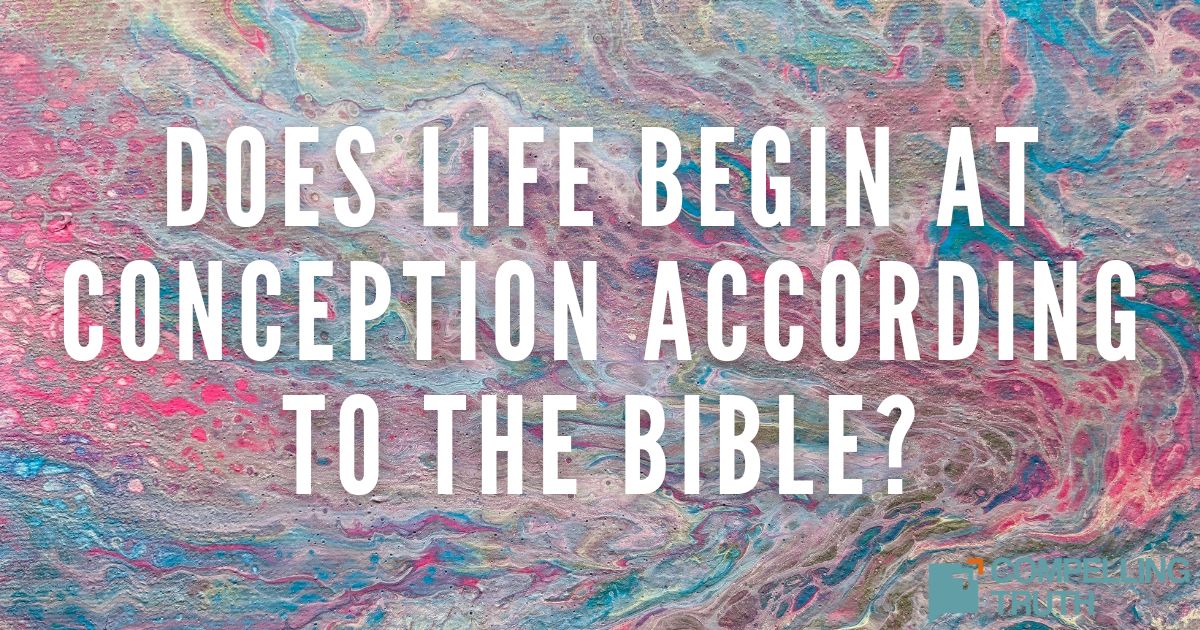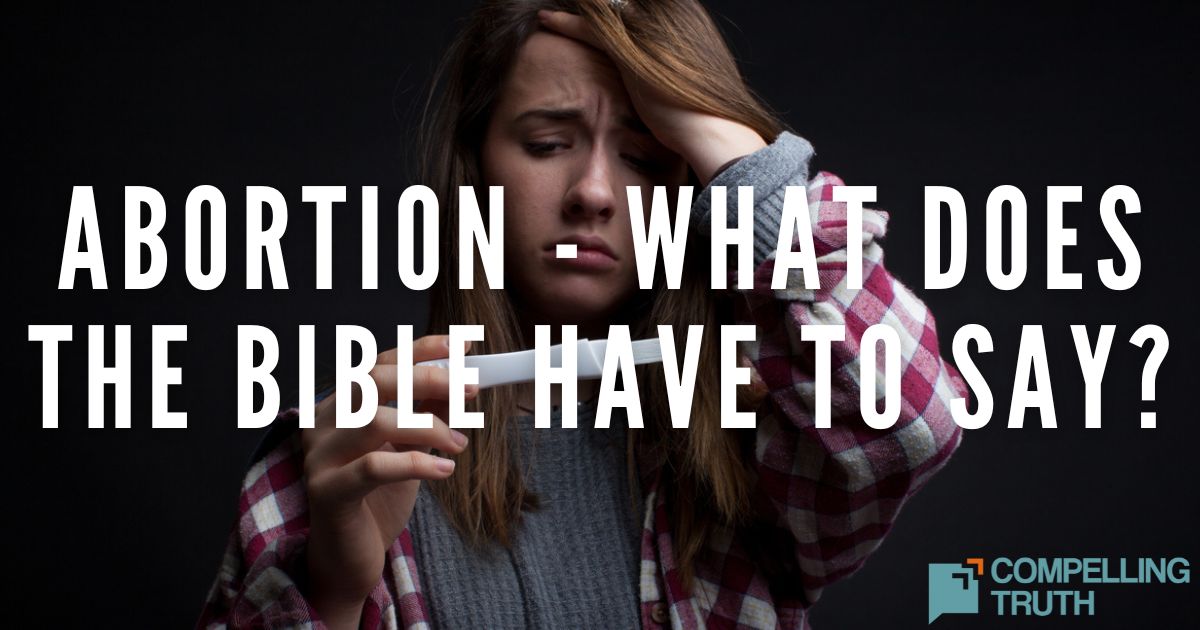We know that human life is sacred because all humans are created in the image of God. As such, all human life belongs to God and is set apart as being incredibly valuable to Him—more so than any other life form. God, in His care and love, creates us while we are in our mother’s womb. He has a purpose and a plan for each one of our lives. As Christians, we are called to love one another. Therefore, we should do what we can to preserve, care for, and ultimately love all people in different stages of life. This includes babies in the womb as well as people of all ages, races, cultural and economic backgrounds, states of physical health, and more.
Sanctity means the quality of being holy, sacred, or set apart. God values human life above other life forms, and He is intimately involved in forming each life within the womb. These truths point to the fact that people matter to God. He commands mankind to value people the same way He does. Jesus quotes Leviticus 19:18 in Matthew 22:39 as the second greatest commandment: "You shall love your neighbor as yourself." The Bible is filled with practical ways we're to value human life by loving others: tending to the sick, visiting the imprisoned, feeding the hungry, clothing the needy, seeking justice for the oppressed, and caring for orphans, widows, and strangers (Matthew 25:35–36; James 1:27; 1 John 3:16–18; Deuteronomy 10:18–19; Ezekiel 45:9). We should be agents of love and compassion in the world, alleviating suffering wherever we can and remembering that each human life bears the image of our God.




